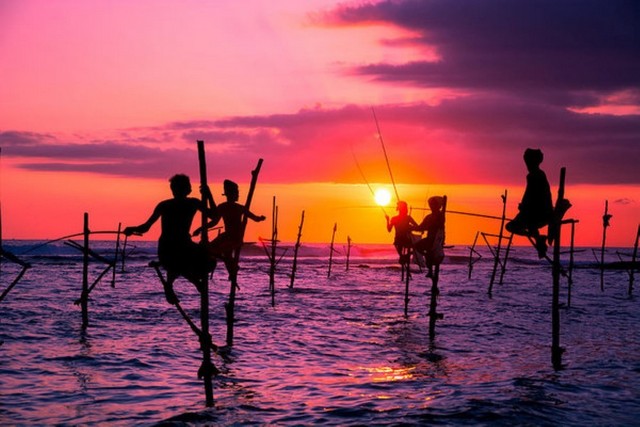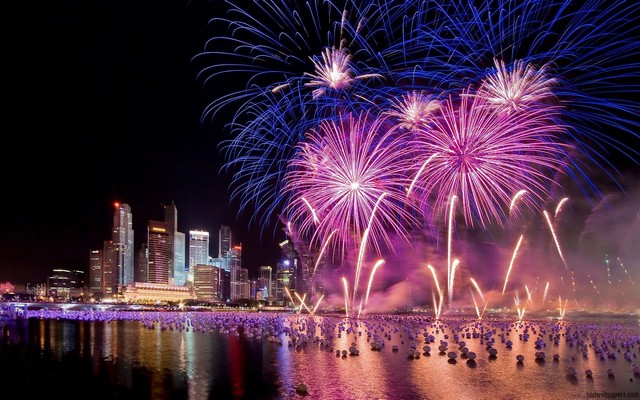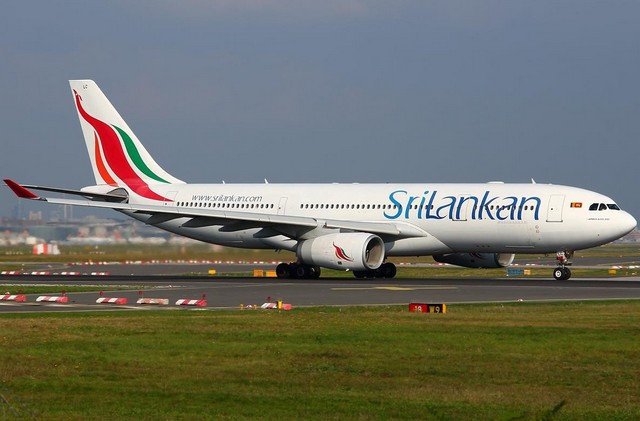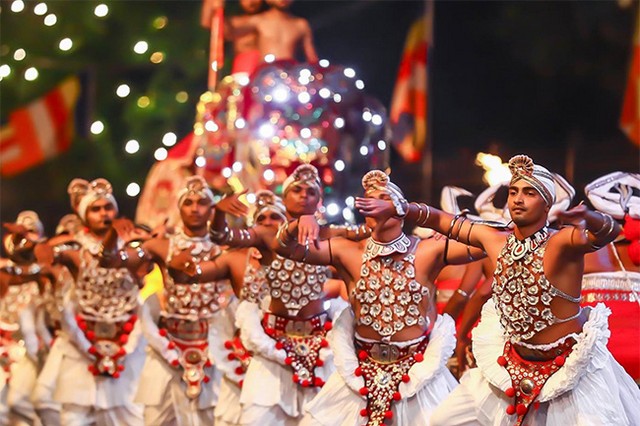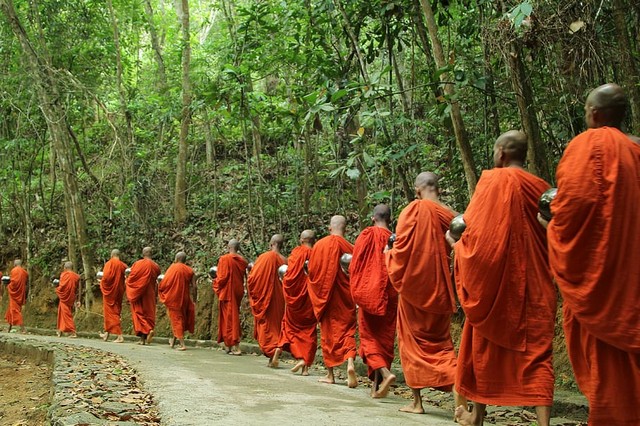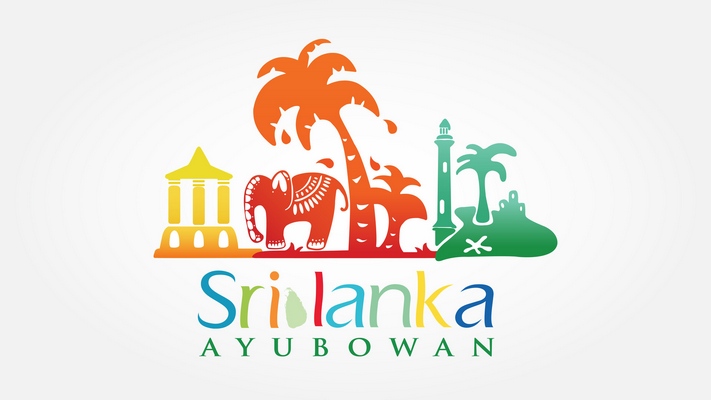
Good Reasons to Visit Sri Lanka
The charm of Sri Lanka is embodied in the warm hospitality of its people. Every traveler is greeted with a friendly smile and the traditional Sinhala greeting, “Ayu Bowan,” which means wishing a long and prosperous life.
With a pleasant, sunny climate year-round, Sri Lanka offers a destination rich in natural beauty, cultural heritage, and culinary delights, presenting a wide range of attractions.
The coasts of Sri Lanka, lapped by crystal-clear seas, frame the island with golden sands, creating idyllic landscapes and inviting visitors to experience breathtaking seascapes.
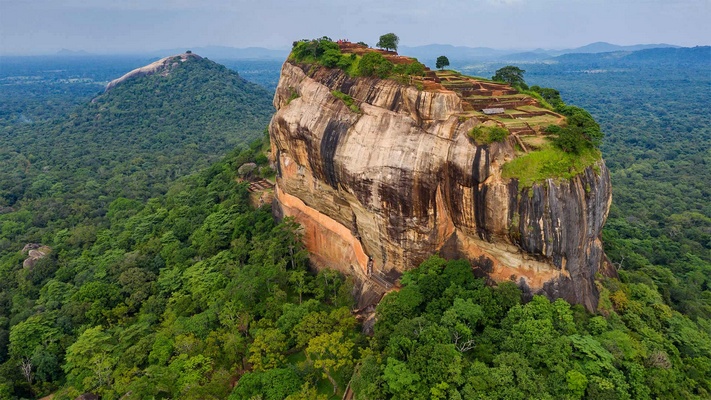
8 UNESCO World Heritage Sites: Sri Lanka boasts eight UNESCO World Heritage Sites, six of which are recognized for their cultural significance and two for their outstanding natural beauty. In just six days, visitors can immerse themselves in the richness of these historical and scenic wonders.
Extraordinary Wildlife: This little paradise is a haven for animal lovers. In a single day, you can encounter the majestic elephant, the largest land mammal, and the blue whale, the giant of the oceans. With national parks hosting Elephant Gatherings and areas boasting the highest density of leopards in the world, Sri Lanka offers unparalleled wildlife experiences.
Diversified Birdlife: Renowned as an ornithological paradise, Sri Lanka is home to 524 species of birds, both endemic and migratory. Birdwatchers can enjoy a spectacular experience, observing birds that pass through or winter in the country.
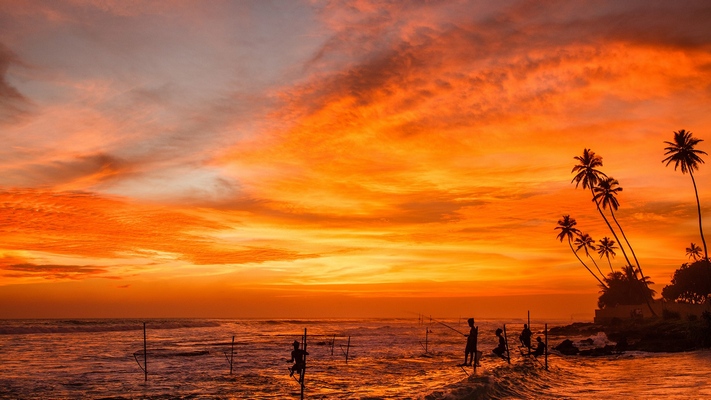
Marine Wealth: The waters of Sri Lanka are a true treasure, boasting 156 types of coral reefs and over 300 species of fish. This makes the country an ideal destination for snorkeling and diving. Arugam Bay, ranked as the fifth-best place in the world for surfing, further enhances the appeal for sea lovers.
Ayurvedic Wellness: Ayurveda, with origins dating back 4,000 to 5,000 years, is deeply ingrained in Sri Lankan culture. A wide range of Ayurvedic products is readily available in pharmacies and supermarkets, while Ayurvedic hotels provide an oasis of relaxation and rejuvenation. Ayurveda and wellness travel are popular among those seeking a holistic approach to health and well-being.
In Conclusion: Sri Lanka stands out as a unique destination offering an extraordinary blend of cultural heritage, biodiversity, marine beauty, and Ayurvedic wellness. It is a haven for travelers looking for diverse experiences in a single, remarkable location.
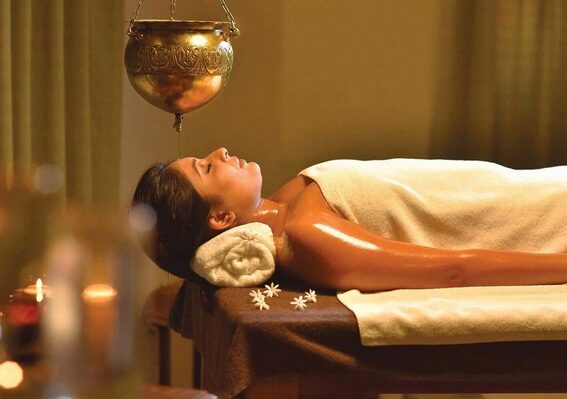
Ceylon Tea/Black Tea: The prestigious and world-renowned Ceylon tea is a treasure to savor in Sri Lanka. Here, you can not only purchase black tea leaves from various producing regions but also immerse yourself in tea-related activities. Fascinating visits to tea factories, hands-on leaf-picking experiences, and guided tastings provide a unique opportunity to explore the enchanting world of this aromatic beverage. For tea lovers, a trip to Sri Lanka is an unforgettable and immersive experience.
Gems: Sri Lanka is famously known as “Ratna-Dweepa,” the Island of Gems, a reputation that dates back to ancient times. With over 2,000 years of gem mining history, the country produces a dazzling array of world-famous gemstones. Among these, the sapphire—especially the 18-carat blue gem famously associated with the British royal family—stands out for its Sri Lankan origin. A visit to the island of gems offers the chance to delve into the millennia-old history of this precious craft and admire its timeless beauty.
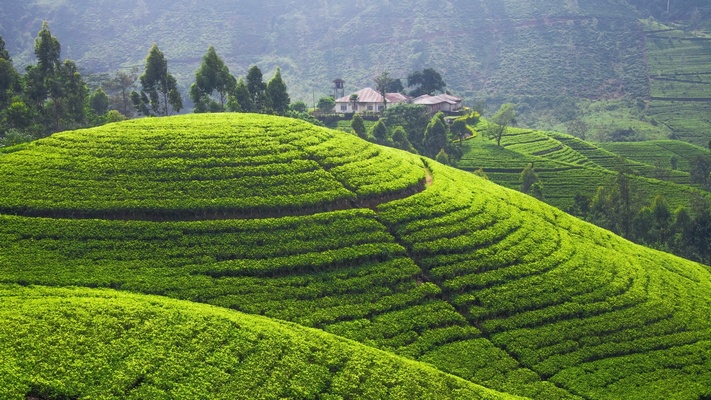
Spices: Sri Lanka is a paradise for spice lovers, offering an aromatic journey into the heart of its rich culinary heritage. Known as the “Spice Island,” Sri Lanka has been a key hub for spice trading for centuries. Travelers can explore lush spice gardens in places like Matale and Kandy, where cinnamon, cardamom, cloves, nutmeg, and pepper are cultivated. The island’s cinnamon, often hailed as the best in the world, is particularly renowned. Visitors can enjoy guided tours of spice plantations, learning about traditional farming methods and the medicinal and culinary uses of each spice. Whether savoring a flavorful curry or purchasing authentic spices to take home, Sri Lanka provides a sensory experience that lingers long after your journey ends.
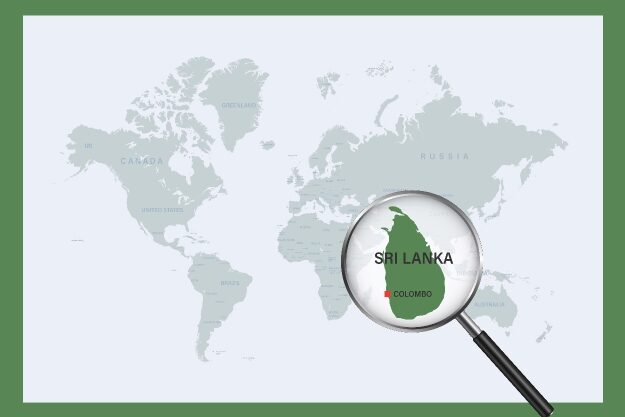
Basic information about Sri Lanka
Name of the Country: Democratic Socialist Republic of Sri Lanka
Surface Area: 65,610 square kilometers
Population: 22.16 million (as announced by the Central Bank of Sri Lanka in 2021)
Capital: Sri Jayawardenepura Kotte
Nationality: Sinhala (74.9%), Tamil (15.3%), Sri Lankan Moors (9.3%) (excluding some regions)
Language: Official languages (Sinhala, Tamil); link language (English)
Religion: Buddhist (70.1%), Hindu (12.6%), Muslim (9.7%), Christian (7.6%) (excluding some regions)
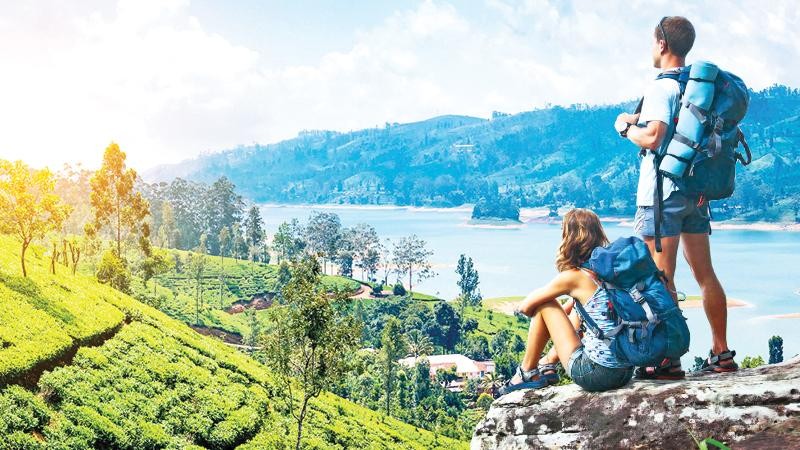
Passport and Visa
To enter Sri Lanka, it is essential to consider some passport and visa requirements. Ensure your passport has at least six months of validity remaining before its expiration date. If your passport has less than six months of validity, you must renew it before traveling.
For the visa, obtaining an Electronic Travel Authorization (ETA) is mandatory. You can apply online in advance via the official website www.eta.gov.lk. The tourist visa is valid for 30 days, with the possibility of extension after arrival. The cost is 50 USD, payable online by credit card. Although visas can also be obtained upon arrival at the airport, the fee is slightly higher (60 USD), and the process may take additional time.
Currency: The monetary unit of Sri Lanka is the Rupee (LKR), with an exchange rate of 1 USD = 291.67 LKR as of November 2024.
Currency Exchange: To exchange USD for Sri Lankan rupees, it is recommended to do so on-site. At the airport, a 24-hour exchange office is available in the arrivals hall. Hotels also offer exchange services, though their rates may not be as favorable. Always ensure you obtain a receipt when making an exchange.
Use of Credit Cards and Foreign Currency: Credit cards and US dollars are widely accepted in hotels and souvenir shops. However, for tipping in local restaurants and hotels, it is advisable to have Sri Lankan rupees.
Electricity: The electrical voltage is 230V. Plug types vary between type BF (commonly used in newer systems) and type B3/B (a mix found in older systems).
Time Zone: GMT +05:30.
International Dialing Code: The international dialing code for Sri Lanka is +94.
Climate: Located in a tropical region, Sri Lanka experiences an average annual temperature of approximately 27°C. The climate is hot and humid year-round, with cooler conditions in the highlands. The monsoon seasons bring variations in rainfall: the southwest monsoon (May to September) primarily affects the southwest, while the northeast monsoon (November to March) brings rain to the northeast.
Travel Tips for your stay in Sri Lanka
Photography: It is important to note that filming is prohibited at airports, military installations, and certain cultural areas, such as the Sigiriya Lady on Sigiriya Rock. In tourist and religious places, follow the instructions provided by signs, staff, and guides. In some Buddhist temples, it is considered disrespectful to turn your back on a Buddha statue, so be mindful of signage and practices to show respect.
Clothing in Cultural and Religious Places: When visiting religious sites, such as Buddhist and Hindu temples, avoid wearing clothing such as tank tops, shorts, and miniskirts, as this may result in being denied entry. In temple areas and near Buddha statues, it is customary to remove hats and shoes before entering. Be mindful of the diversity of faiths in Sri Lanka and ensure that your behavior does not inadvertently offend religious sentiments.
Alcohol Consumption: Consuming alcohol is prohibited in Buddhist temples and public places. Avoid drinking alcohol in areas such as buses, trains, and parks. On Poya Day, a Buddhist holiday celebrated on the full moon of each month, the sale of alcohol is suspended, even in hotels and restaurants that usually serve it. Additional restrictions may apply on days when the government enforces alcohol bans, such as during elections or Sinhala New Year celebrations.
Complying with these regulations will help ensure a respectful and enriching cultural and religious experience during your visit to Sri Lanka.
